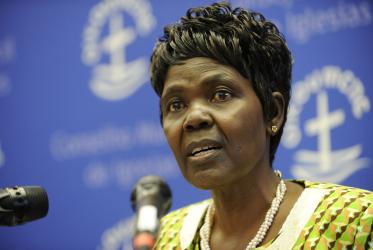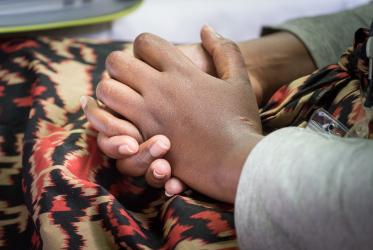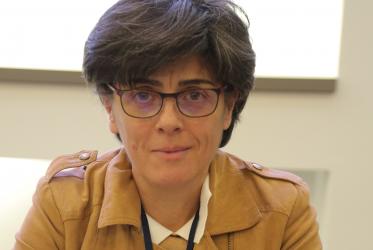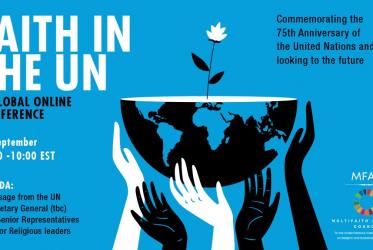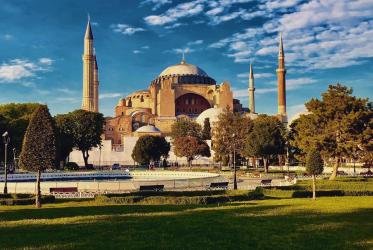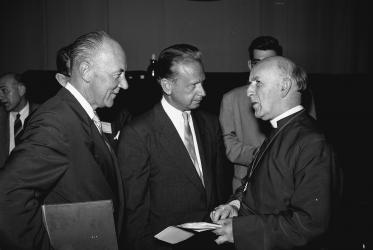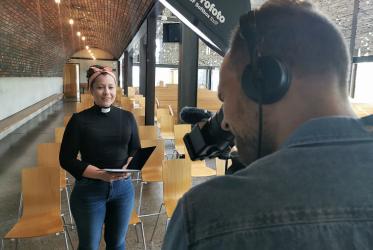Displaying 241 - 260 of 1005
Sudanese church leaders express hope that new pact will end war
08 October 2020
Series of WCC webinars to explore “Hate Speech and Whiteness”
07 October 2020
Webinar series: Theological Reflections on Hate Speech and Whiteness
19 - 23 October 2020
Hope prevails in times of crisis in Lebanon
14 September 2020
WCC expresses sadness at passing of Swami Agnivesh
12 September 2020
“Faith In The UN” – Commemorating the 75th Anniversary of the United Nations
08 September 2020
online
Bossey students testimony
26 June 2020
